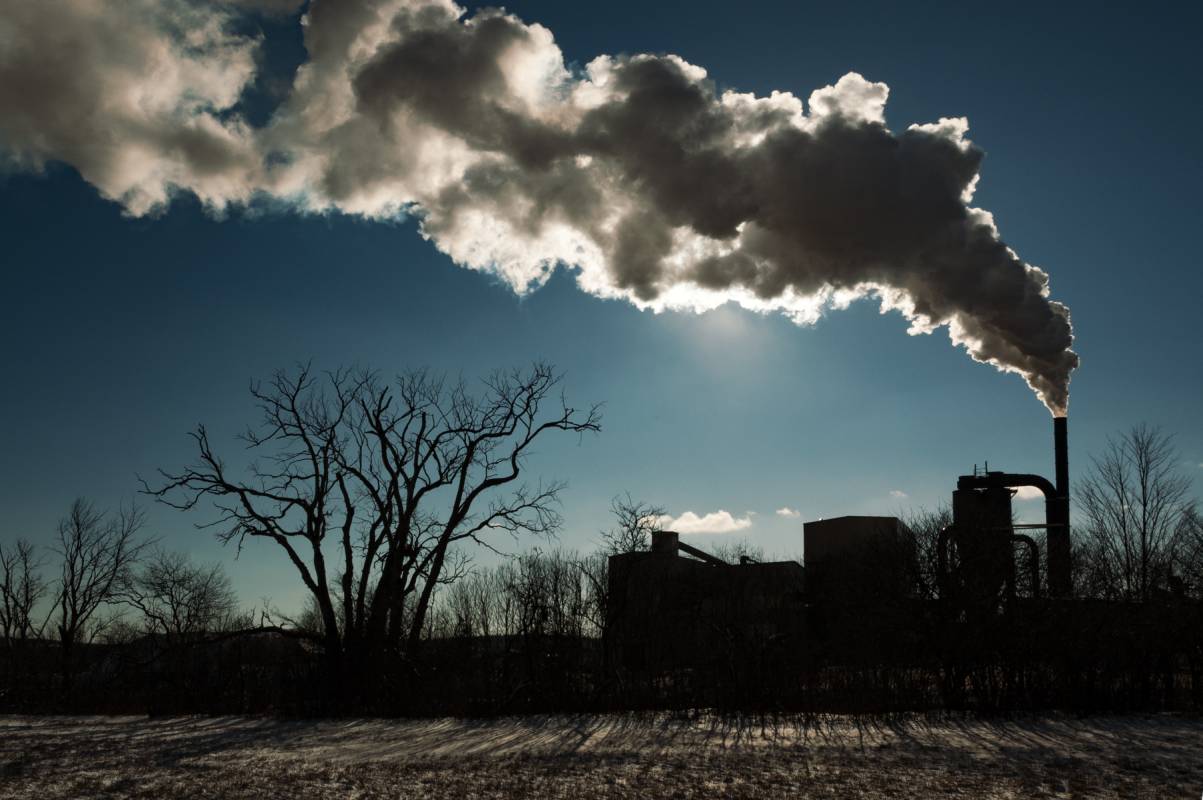Climate Change and Health

The International Panel on Climate Change (IPCC) is the United Nation’s chief body for understanding the science and health consequences related to climate change [1]. Prepared by 234 scientists and 66 countries, the latest IPCC report released in August 2021 highlights that human influence has warmed the climate at an alarming rate that is unprecedented in at least the last 2,000 years [1]. Unless rapid reductions in greenhouse gas emissions occur in the coming years, achieving the goals of the 2015 Paris Agreement will be virtually impossible [1].
The IPCC report warns that global warming of 2°C will be exceeded during this century [1]. For 1.5°C of global warming, there will be increased heat waves, longer warm seasons, and shorter cold seasons [1]. At 2°C of global warming, heat extremes are more likely to reach a critical tolerance threshold for agriculture and health [1]. The IPCC warns that climate changes will be felt by all regions, especially by those living in cities, where the effects of global warming may be magnified [1]. The IPCC concluded that we need to cut global greenhouse gas emissions by half in 2030 and entirely by 2040 to avoid the most catastrophic effects of climate change [2].
The effects of climate change are fundamentally health issues and pose the most considerable risk to those who are the most vulnerable and disadvantaged [2]. Disruption of our climate system has already led to powerful storms, flooding, droughts, wildfires, and rising numbers of insect-borne diseases [2]. Air pollutants released by burning fossil fuels are shortening human life in many world areas [2]. Psychological stress, political instability, forced migration, and conflict are additional unsettling consequences of climate change that adversely affect health [2]. A 2020 study in the Journal of Anxiety Disorders found that the mental health effects of climate change are multifaceted, with post-traumatic stress disorder (PTSD) and depression predominant [3]. Several smaller studies found that populations affected by floods and wildfires saw an increased incidence of acute stress, PTSD, alcohol use disorder, and depression [3].
Due to a growing body of research confirming numerous links between climate change and health, the World Health Organization (WHO) released the “COP26 Special Report on Climate Change and Health” in October 2021 [4]. The WHO report urges that transformational action in every economic sector is needed to protect the wellbeing of present and future people [4]. “Climate change is the single biggest health threat facing humanity,” states the WHO report [4]. The ten recommendations outlined in the WHO report propose a set of priority actions from the global health community to governments and policymakers, calling on them to act with urgency regarding the current climate and health crisis [4]. These recommendations include a commitment to climate-resilient health systems, a transition to renewable energy, promotion of sustainable design, and protection of existing ecosystems [4].
Physicians have a special responsibility to safeguard health and alleviate suffering [2]. Working toward green initiatives and educating communities about the health risks of climate change are now essential to the physician’s healing mission [2].
References
- IPCC report: ‘Code red’ for human driven global heating, warns UN chief. (2021). Retrieved from https://news.un.org/en/story/2021/08/1097362
- Solomon, C. G., & LaRocque, R. C. (2019). Climate change—a health emergency. New England Journal of Medicine, 380(3), 209-211. doi:10.1056/NEJMp1817067
- Hrabok, M., Delorme, A., & Agyapong, V. I. (2020). Threats to mental health and well-being associated with climate change. Journal of Anxiety Disorders, 76, 102295. doi:10.1016/j.janxdis.2020.102295
- WHO: Global health community prescribes climate action for COVID recovery. (2021). Retrieved from https://news.un.org/en/story/2021/10/1102702
